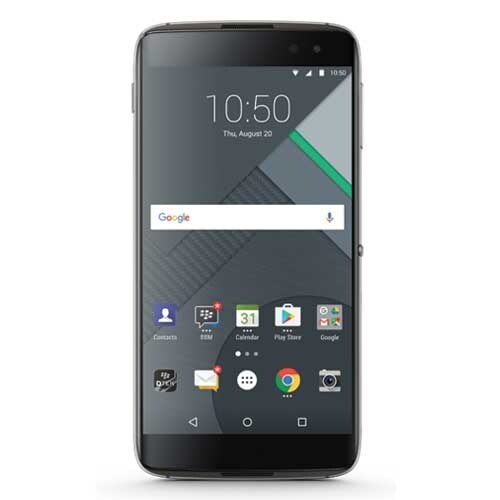BlackBerry Mobile Phones Price in Bangladesh
The Evolution of BlackBerry Mobile Phones
BlackBerry is a name that has been synonymous with business and productivity in the mobile phone industry for over two decades. Launched in 1999 by Canadian company Research in Motion (RIM), BlackBerry revolutionized the way we communicate and conduct business on-the-go. In this article, we will take a look at the evolution of BlackBerry mobile phones and how they have impacted the mobile industry.
The Early Days of BlackBerry
In the early 2000s, BlackBerry dominated the smartphone market with its innovative features such as email integration, internet browsing, and a physical keyboard. The iconic BlackBerry Classic, released in 2003, was a game-changer for professionals who needed a reliable device for their work-related activities. It allowed users to send emails, make calls, and browse the internet all in one device, making it a popular choice for business people.
As BlackBerry continued to expand its customer base, it introduced BBM (BlackBerry Messenger) in 2005, a messaging platform that allowed users to exchange messages, images, videos, and voice notes without any additional cost. This feature was a hit among young adults and helped BlackBerry to gain a new audience.
Challenges for BlackBerry
While BlackBerry gained popularity with its unique features and user-friendly interface, it also faced challenges in the early 2010s. With the launch of the iPhone and Android smartphones, BlackBerry struggled to keep up with the rapidly advancing technology. Its limited app store and lack of touch screen capabilities made it less attractive to users who were looking for more advanced features in their smartphones.
Moreover, BlackBerry's focus on corporate clientele meant that it neglected the consumer market, which was quickly growing. This led to a decline in sales and revenue for the company, and by 2016, BlackBerry held less than 1% of the global market share in smartphone sales.
Revival of BlackBerry
In 2016, BlackBerry decided to switch gears and focus on software and services rather than hardware. This decision led to the development of BlackBerry's secure enterprise software, which is now widely used by many businesses and governments around the world. The company also partnered with other smartphone manufacturers such as TCL, resulting in the production of Android-based BlackBerry smartphones with enhanced security features.
In recent years, BlackBerry has also ventured into the world of cybersecurity and has become a key player in providing secure solutions for businesses and governments. Its innovative approach towards data security has gained recognition and trust from organizations worldwide, making BlackBerry a leader in this field.
The Future of BlackBerry Mobile Phones
While BlackBerry no longer produces its own mobile phones, it continues to focus on developing secure and innovative software solutions. With the rise of cyber threats and data breaches, BlackBerry's software and services are in high demand, especially among enterprises and government agencies.
BlackBerry's focus on business and security sets it apart from other smartphone manufacturers and enables it to continue thriving in the industry. The company's commitment to providing advanced security features and staying up-to-date with evolving technology ensures that BlackBerry will remain a prominent name in the mobile sector for years to come.
In conclusion, BlackBerry may have had its ups and downs in the past two decades, but it has never lost its core values of productivity and security. Its evolution from a smartphone manufacturer to a provider of secure software solutions has solidified its position in the mobile industry. It will be interesting to see what the future holds for BlackBerry and how it will continue to shape the way we conduct business and communicate in the ever-changing landscape of technology.
























